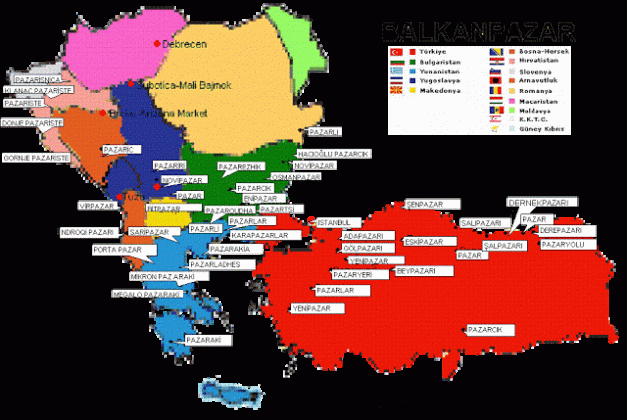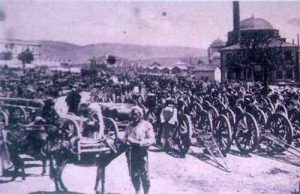
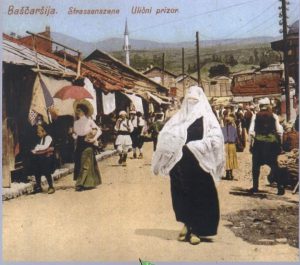
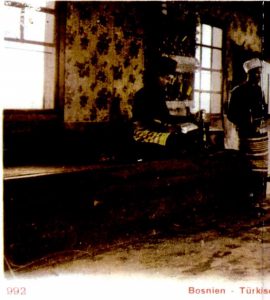
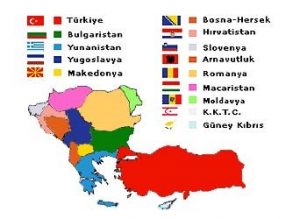
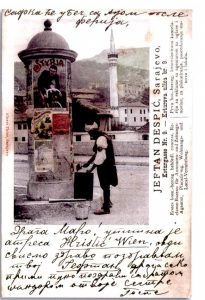
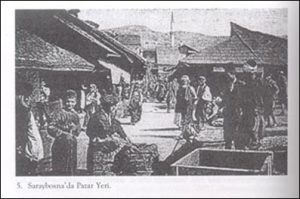
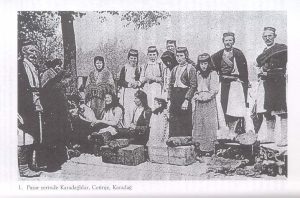
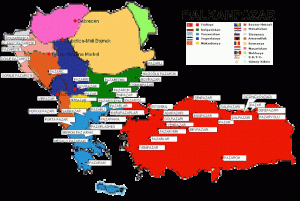
MARKET Place Names in the Balkans
THE BALKANS AND ANATOLIAN PENINSULAS
BALKAN AND ANATOLIA PENINSULAS together a region; a regional BALKANS they formed unity. The Balkan Peninsula is on the European side of the Eurasian continent, and ANATOLIA is on the Asian side. peninsula is located. Our history, based on two peninsulas, is also reflected in the names of the two castles that adorn the Bosphorus; To Rumelihisarı and Anadoluhisarı. In particular, within 650 years since the Turks set foot on the Balkan Peninsula, the population in the Balkan and Anatolian Peninsulas was largely fused with each other and a common culture was created; Anatolia and the Balkans have been living together on the same axis for 1600 years. The main geography of Turkey, which is said to be Asian according to some, European according to some, and Middle Eastern by some, is the Balkans, which cannot be discussed or rejected. The mixture of cultures in the Balkan and Anatolian peninsulas and the interaction of different cultures had very different effects on the Turks. The resulting collective culture is incredibly rich; empires that ruled over three continents (Roman, Eastern Roman-Byzantine,Ottoman) heritage.
Turks are the owners of this heritage because they are the founders of the last of these empires. Millions of our compatriots have lived in the Balkan countries since the Ottoman Empire. We have kinship relations with the Balkans that go beyond our neighborly relations. The Turks are related to all the peoples of the Balkans and have shown that they can successfully coexist with the Balkan nations. With the passing of the Balkans under Ottoman rule, Turks and Balkan peoples lived together in peace for many years. This coexistence, which has lasted for centuries, has led to the fusion of societies with each other, and therefore to the emergence of a kinship relationship apart from the neighborly relationship.
Turkish is the common language of the Balkan countries. As the word BALKAN is of Turkish origin, BAZAAR word is also a Turkish origin word used in all Balkan languages such as Albanian, Bulgarian, Serbian, Hungarian, Romanian and Greek. In addition, the word market is reflected in the place names in the Balkans; Ndrouqi Pazari in Albania, Pazaric in Bosnia and Herzegovina, Pazarcık, Tatarpazarcık, Novi Pazar, Osman Pazari in Bulgaria; Skopski Pazar in Macedonia, Pazarlia in Romania, Novi Pazar in Yugoslavia, Virpazar, Pazariste in Croatia and Megalo Pazaraki in Greece are some of these place names. In these countries, more than 40 places in which the word market is mentioned show how vital the market phenomenon is in the region and that an integrated market was created in the Balkans under the rule of Turks.
BALKANPAZAR is an initiative to create a regional economic dynamism by regionalizing trade in the Balkans, in line with its mission to initiate a Balkan trade and culture movement parallel to the rise of regional powers. It should be cleared that the trade of the Balkan countries with each other is higher than the trade with the non-Balkan countries. here TRADE The power and tangible enhancing effect of is of prime importance. From Hungary to Turkey, from the Black Sea to the Adriatic, and even, as some argue, to Russia, Central Asia and China, a regional (domestic) market is re-forming. From Debrecen in the northeast of Hungary to Istanbul, the center of Euro-Asian trade, the contours of a region different from the political and military border definitions of states begin to appear. For more than a decade, ancient trade routes have resurfaced in the region, while ancient cities have been resurgent as trade centers in the Balkans. Over the past decade, new/old market centers have emerged throughout the Balkans and throughout central and eastern Europe. Eventually, Istanbul, the backbone of Euro-Asian trade, became once again the main commercial center of the whole region.Istanbul, which has been the capital of the Eastern Roman, Byzantine and Ottoman Empires throughout history and has a commercial tradition of approximately 2500 years; It is the center of the Balkan world.
Trade routes are channels on which the circulation of not only products but also various cultures takes place. Trade and culture flows are always mixed with each other and accelerate together. A new Renaissance is underway in the Balkans. While leaving behind the turmoil of the transition period of the 1990s, the Balkans, the most culturally radiant region of the world, is on its way to create a new universal culture with the dynamism of regional trade, with the power it draws from the empires it has hosted in the past and the accumulation of civilizations since ancient times. “ FROM END TO END THE BALKANSTurkish, Bulgarian, Hungarian, Greek, Romanian, Moldavian, Albanian, Bosnian, Serbian, Croat, Macedonian, Slovenian elements; From Mostar to Istanbul, from Gostivar to Erzurum, from Skopje to Bursa, from Shkodra to Varna, from Sarajevo to Nicosia, from Izmir to Budapest, from Sofia to Konya, Iskenderun From its Gulf to the Adriatic, from Constanta to Trabzon, from Novi Pazar to Adapazarı, from Estergon to Iğdır, from the Danube to the Tigris, to the Euphrates, from Sarajevo to Gaziantep, Famagosa, from the Balkan Peninsula to the Anatolian Peninsula; “From the Aegean to the Mediterranean”, from the “Black Sea to the Adriatic”, there should be increased friendship and cooperation. As Turkey, the legacy of the unifying role we have played for centuries in the Balkans, which may reunite under various forms in the 21st century , is a real richness in the realization of BALKANPAZAR .

